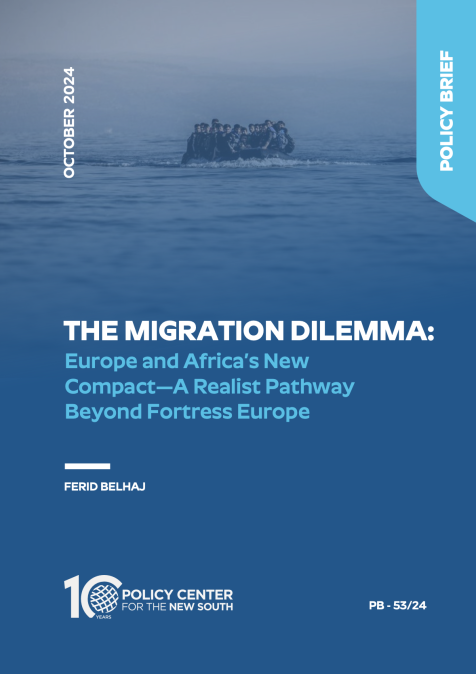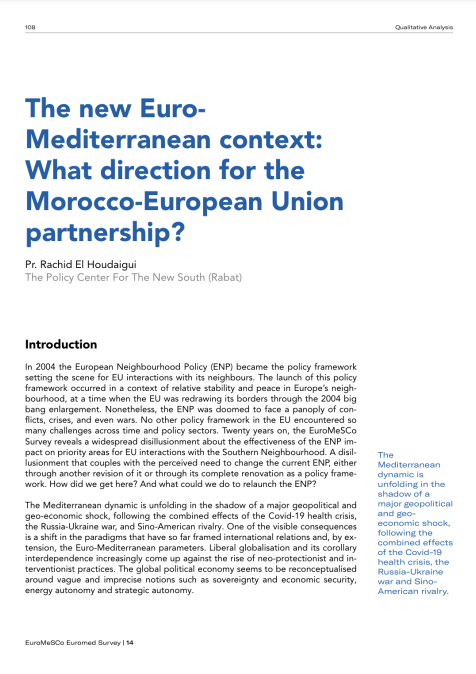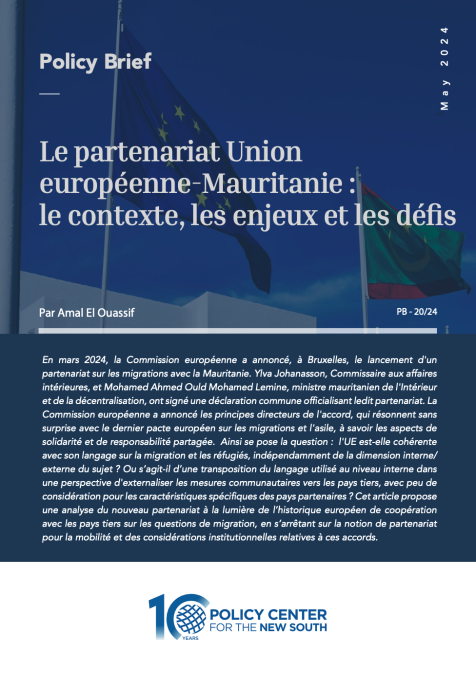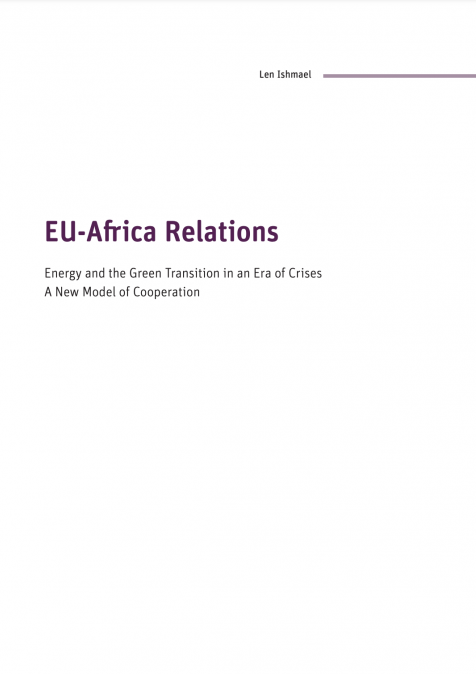Publications /
Policy Brief
Africa’s population is projected to reach almost 2.5 billion by 2050. Migration from Africa to the EU is relatively stable, at around 500,000 migrants per year, or 0.1 percent of the EU population, yet irregular immigration into the EU has increased recently.
Development is often seen as the way to reduce migration but the development-migration nexus is complex. At low levels of development, migration might increase with rising GDP per capita. This applies to most of sub-Saharan Africa.
By contrast, North African countries are among the continent’s more developed economies. Their geographical positions make them natural partners for the EU. The region is diverse but political instability has been a common feature that in recent years has hindered economic development. Cyclical factors and deep-rooted structural weaknesses have also contributed to weak economic performance. Conditions for business are relatively poor and trade barriers in some sectors have prevented integration either between these countries or into global value chains. We propose five ways in which EU policymakers can contribute to development in North Africa and build partnerships on trade, investment and migration.








